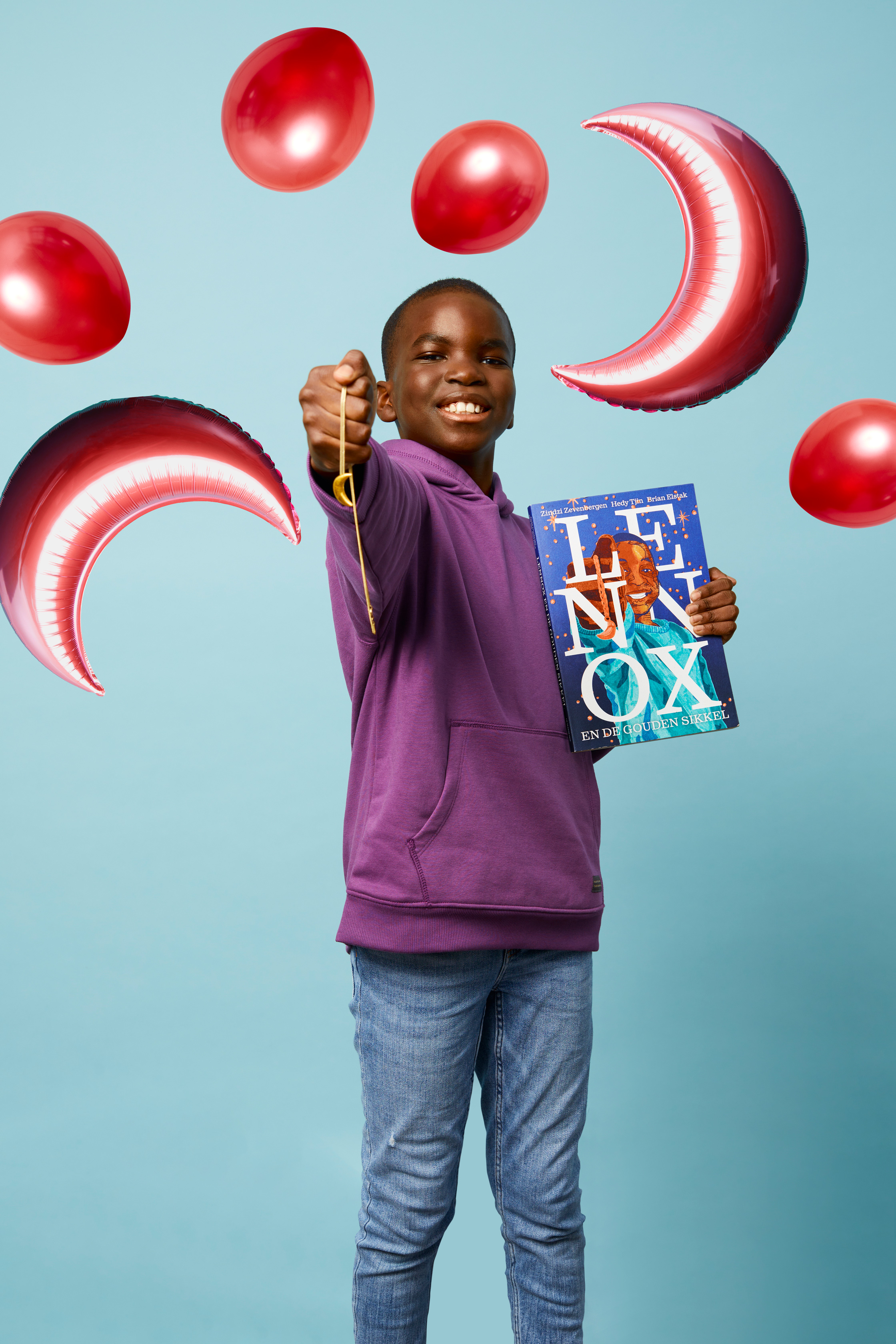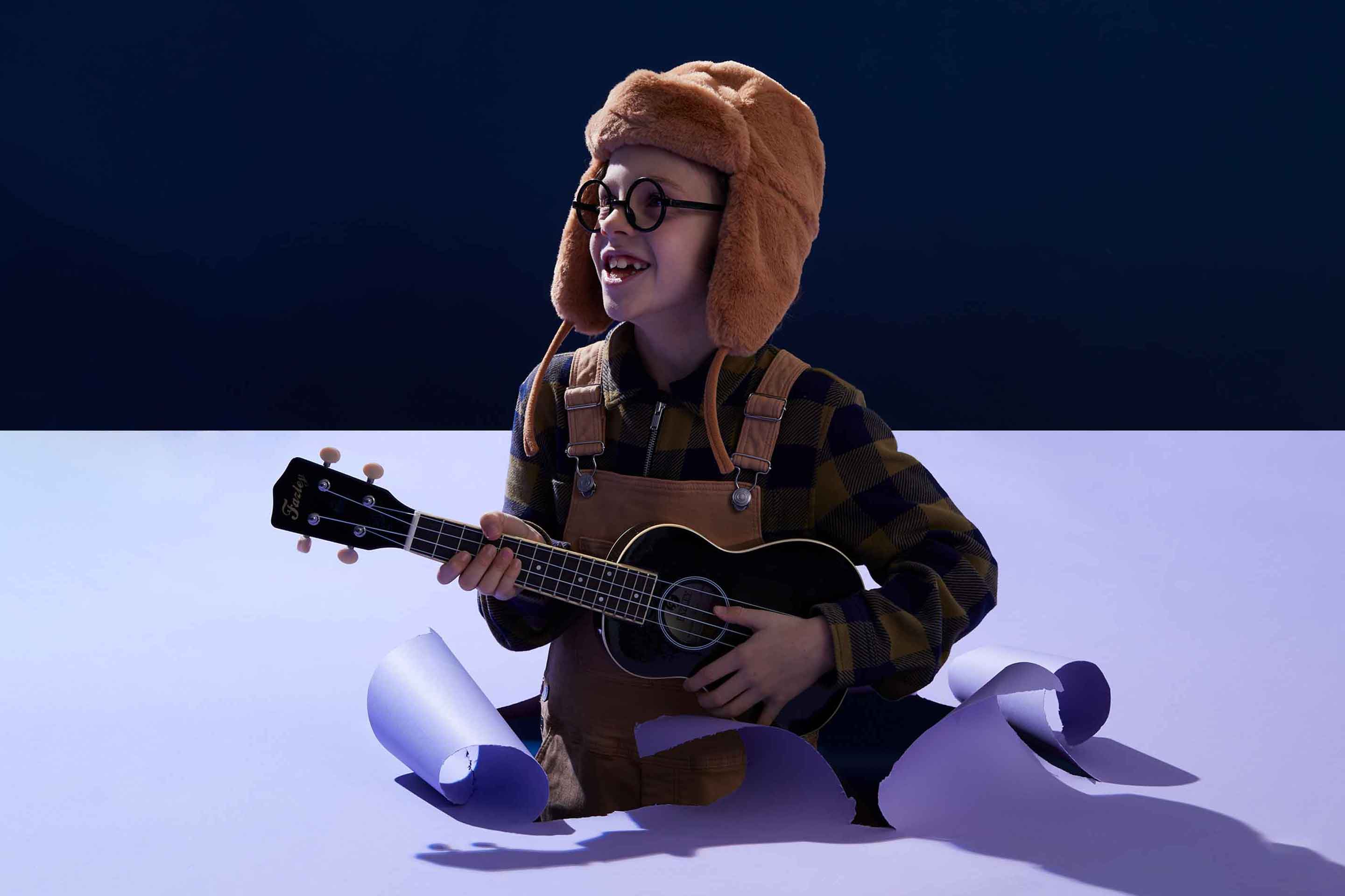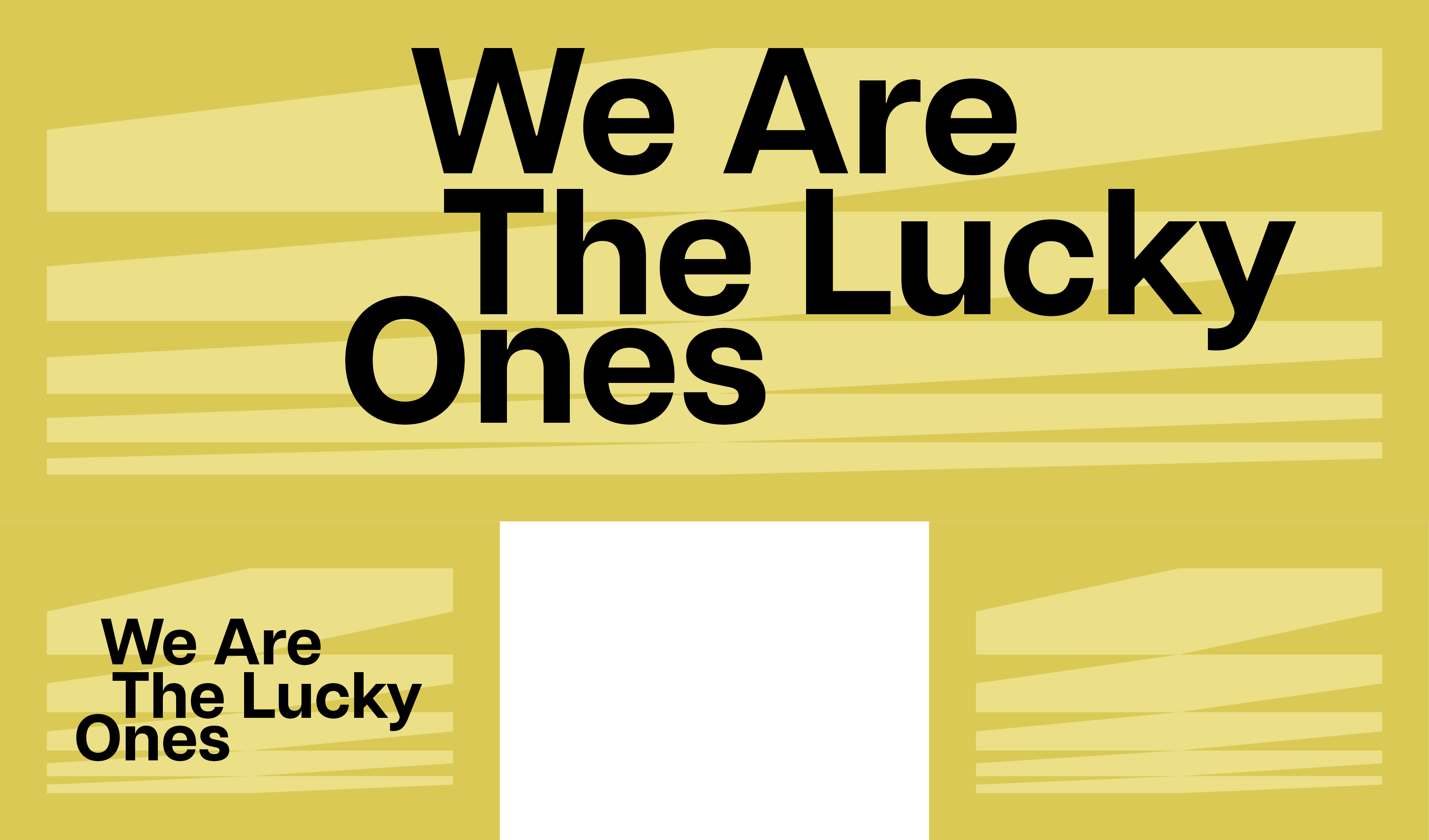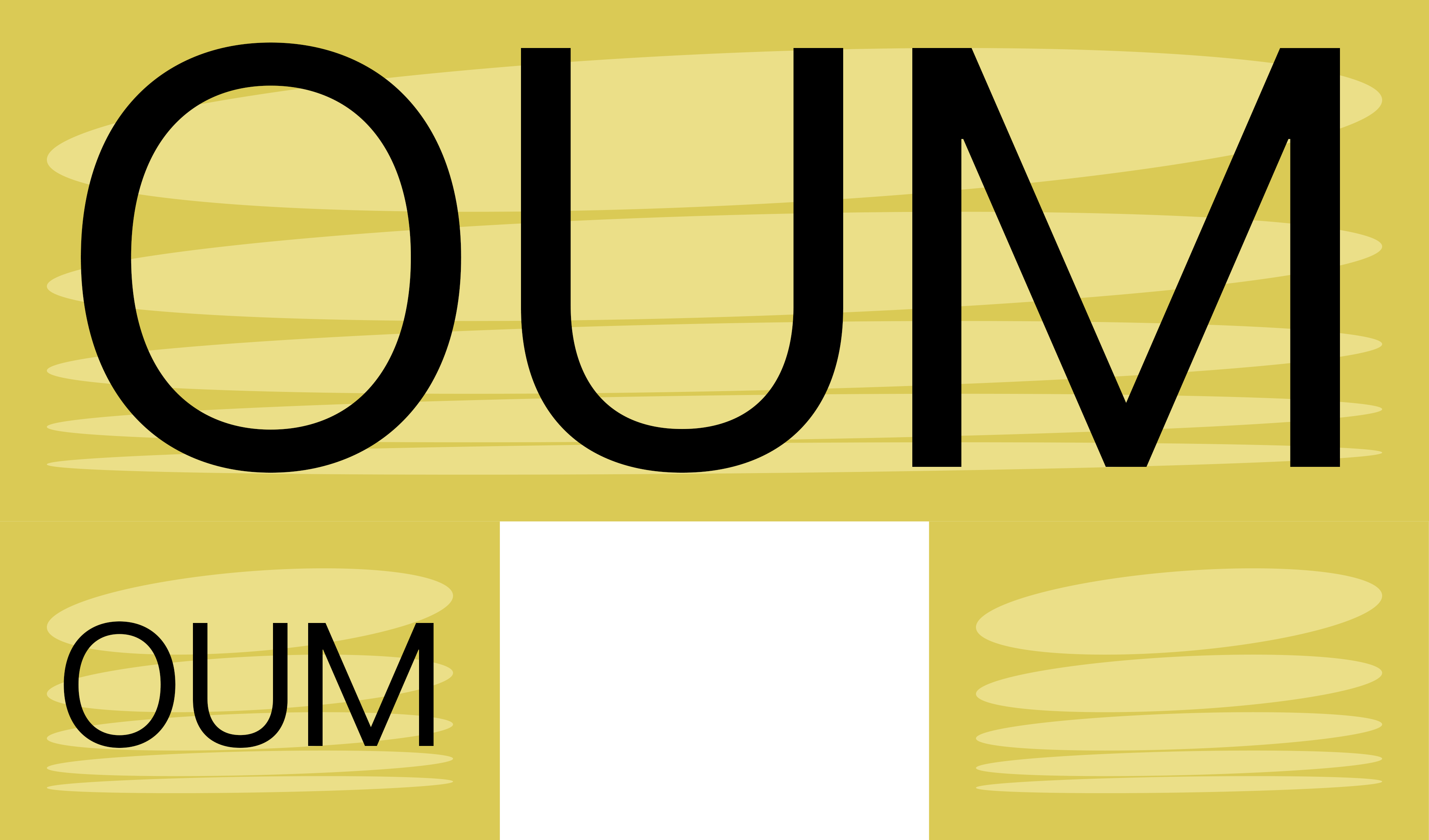Dutch National Opera
This page contains all opera productions for the 2024–2025 season

Sophie de Lint about the new opera season
Dutch National Opera’s new season poses three questions as its overarching theme. What do these questions mean for DNO? And how do they connect with the productions that have been programmed? DNO director, Sophie de Lint, in conversation with dramaturges Wout van Tongeren and Luc Joosten, reflects on this season’s theme and how it came about.
Sophie de Lint about the new opera season
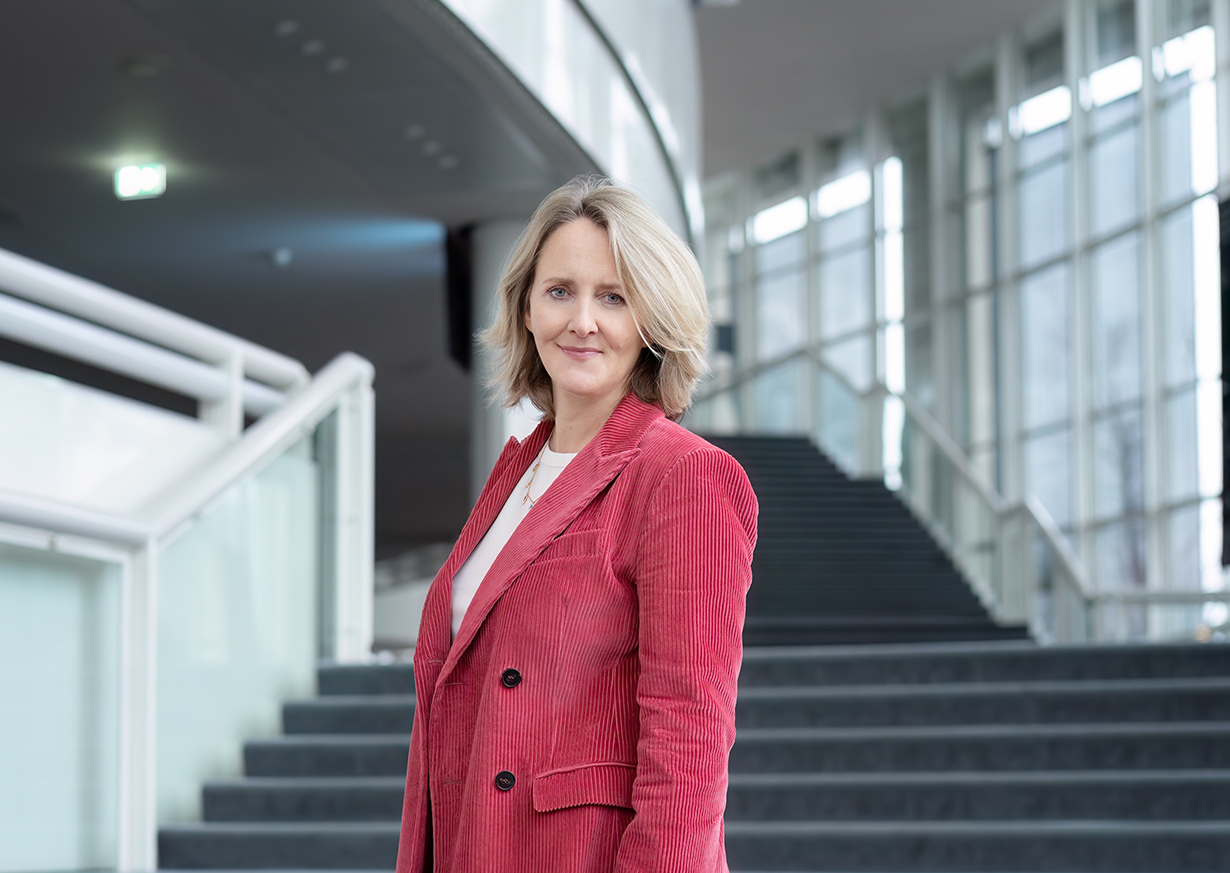
Could you explain where this theme comes from: What aim, what future, what peace?
“We took this line from the opera Peter Grimes. The title character is a fisherman, an outsider who believes he will only be accepted by the village community if he is successful at sea. But in his obsession with this idea, he further alienates himself from the others. Ellen Orford, a fellow villager who cares about him, confronts him at a certain moment with the words: ‘What aim, what future, what peace will your hard profits buy?’ Not only is Grimes challenged by Ellen’s question, but so are we. It’s a line that urges you to stop and think. What are our aims, what future do we want and what do we need in order to feel at peace with ourselves and with others? Will all our struggles and efforts really bring our dreams closer to reality? This is what a season theme can do: inspire you to reconsider what previously may have seemed self-evident.”
Let’s tackle the first question straight away: What aim? What is DNO’s aim when programming a season?
“In the end, it’s all about connecting. That may sound generic but it’s indeed what happens at the start of a programming process. Our work revolves around creating connections, among performers, and between artistic teams and opera titles. Beneath these connections lie important questions about what views on humanity and society we present in our opera house. Which performers do we put on the stage? And which audience members feel addressed by them? That brings me to perhaps the most important connection of all, the one with our audiences in the theatre.”
“A theatre is an unusual space, a sort of capsule. If you’re in the audience, you sit in a protected space, your phone is turned off, your senses are heightened. You are united with the people around you as you collectively focus on what’s happening on stage. We want the experience of our audience to be meaningful. Of course, it’s wonderful to indulge in the beauty of an opera, but I hope our productions will also inspire you to look at humanity and society differently and that your world expands through what you experience.”
Could you give an example?
“Take Die Frau ohne Schatten. The libretto tells a mystical tale set in a somewhat oriental fairy-tale world. Strauss’s phenomenal score is in the best possible hands with our former chief conductor Marc Albrecht. But how do you ensure modern-day audiences feel compelled to draw parallels between this fairy tale world and their own reality? Stage director Katie Mitchell is particularly adept at relating a fantastical opera like this to raw reality. In an impressive setting devoid of exoticism or romanticism, she effectively conveys the urgent message of this opera: those who wish to be fully human must be guided by compassion. I have high expectations for this combination of conductor, opera and director.”
Moving on to the opera that gives the season its theme: how did this combination of artists and opera come about in the case of Peter Grimes?
“Peter Grimes began with the long-cherished wish of our current chief conductor Lorenzo Viotti to conduct this amazing score. His previous collaboration with director Barbora Horáková was so inspiring that he was very keen to work with her again. When we suggested Peter Grimes to her, the spark ignited. She is fascinated by the complex personality of the main protagonist and by the dynamics in the community that rejects him. For tenor Issachah Savage, Peter Grimes is a dream role that he’s looking forward to shaping together with Barbora. Thus, all the ingredients come together for a new production that will poignantly convey the central question of this opera: how do we deal with those who do not fit into a group.”
Sophie de Lint
“I hope your world expands through what you experience in our productions”
“These issues are also reflected in the significant role the chorus plays in this opera, not just vocally but also dramatically, as the village community that rejects Peter Grimes. In this role, the chorus confronts us with mechanisms of exclusion that are unfortunately all too familiar. It is apt that another of our productions, Verdi’s Rigoletto, also features an outcast as the protagonist, namely the jester Rigoletto. He, like Peter Grimes, is mocked and ostracised by the people around him. Both operas call on audiences to empathise with the perspective of an outsider. They ask us to think about who we take seriously in our society. Who do we accept and who do we reject?”
The second question posed in the season’s theme is: ‘What future?’ Let’s first talk about the future of opera itself. How is that reflected in your decisions when programming a season?
“One very direct way of working towards the future is to create opportunities for young performers. This season, the young singers of Dutch National Opera Studio will be touring with a programme that includes Henry Purcell’s Dido and Aeneas. We will be doing this together with our partner companies Nederlandse Reisopera and Opera Zuid. These tours offer singers a wealth of experience.”
“However, working towards the future is, of course, much more than simply introducing new talent to the old repertoire. For the development of opera, it is essential that we do not retreat behind the well-known boundaries of the genre. The Opera Forward Festival provides a moment during the season where we explore, push and sometimes simply ignore those boundaries. Collaboration is essential in this regard: we seek interaction with artists and cultural institutions outside the ‘opera bubble’. To give an example, this season we are creating the production OUM in partnership with Theater de Meervaart and the Amsterdams Andalusisch Orkest. As in previous years, we will also be working with students from various performing arts schools who will be bringing their own lived experiences when tackling the genre. You really feel the energy and urge of this new generation during the festival.”
“Such collaborations are not limited to the Opera Forward Festival. The youth production Lennox, for example, is a co-production with the urban arts centre RIGHTABOUTNOW INC. Together, we approached the producer and multi-instrumentalist Bnnyhunna to create his first opera with us. With projects like OUM, Lennox and the family opera How Anansi freed the stories of the world, we are telling stories that have rarely been heard in our theatre before. Such stories appeal to both new and existing audiences.”
But doesn’t the past also play a key role in an opera season? Just think about the place that the standard repertoire takes in the season.
“The past is certainly important to us, but we never take it for granted. When tackling the repertoire, our concern is always to invite audiences to reflect on the present and the future. That’s why we place so much importance on a director’s vision for an opera from the core repertoire. We don’t want to present reconstructions; we want to create modern-day artworks with modern-day performers who reflect on the past and look to the future. This is strongly evident in Le lacrime di Eros. Director Romeo Castellucci and musical director Raphaël Pichon draw on material from opera’s origins to create an entirely new and experimental work. Raphaël and Romeo are both outstanding and groundbreaking artists with a profound feeling for tradition. I believe they epitomise the idea that you must be aware of the past to know what you are seeking in the future.”
Sophie de Lint
“I believe opera is an art form that can bring cultures together”
“The new opera We Are The Lucky Ones also combines historical awareness with a focus on the future, although it takes a different approach. Composer Philip Venables and director Ted Huffman have consistently explored new forms of opera-making in their previous collaborations. For their newest opera, they are collaborating with playwright Nina Segal on a text based on dozens of interviews with people who were born in the 1940s. They let that generation speak while also reflecting on what the interviewees keep quiet about or overlook. We Are The Lucky Ones reflects on the legacy passed on to us by our parents and investigates how we should deal with this in the decades to come.”
The final question – What peace? – seems to express a longing for silence, harmony and calm. But surely conflict is what fuels drama, making it the essential source of opera as an art form? Doesn’t theatre revolve around torn feelings?
“It’s certainly a fact that dramas need tension and conflict. But it’s equally important for there to be a desire to resolve the conflict, both among the characters and in the audience. The opera Idomeneo is set in the aftermath of the devastating Trojan War. The characters are yearning for peace and happiness, but fate – or their past – seems to prevent that. In this production by choreographer and director Sidi Larbi Cherkaoui, that is symbolised by red cords literally dominating the space, in a design by the artist Chiharu Shiota. At the end, a higher power cuts through the inextricable knot of the conflict, allowing peace to finally return.”
Even so, the character Elettra is left unhappy at the end – a potential source for a new conflict.
“There are operas where every wrinkle is ironed out at the end, but isn’t it more realistic for something to remain unresolved? Take Die ersten Menschen, the only opera by the brilliant composer Rudi Stephan, who tragically died young. This is an opera that explores the ‘original family’ of Adam and Eve. People sometimes idealise the family as the foundation of peace. But this opera suggests that this supposed ‘cornerstone of society’ is full of contradictory urges that inevitably lead to conflict. The opera’s title (‘The first humans’) says a lot: struggle is as old as humanity itself, I fear.
“We’re presenting this emotionally powerful opera straight after Die Fledermaus, the waltzing pinnacle of Viennese operetta. I think people would find it interesting to see both titles in a row. Both are about a life driven by urges, even if the two operas take very different approaches with different musical idioms. Die Fledermaus shows a decadent, hypocritical society; the people may seem more civilised, but they are still essentially governed by their desires. The fact that this criticism of society can be expressed in the light-hearted, ironic ambience of an operetta helps put things into perspective.”
The season ends with Boris Godunov, a grandiose opera but also a dark story...
“Yes, this is a highly charged tale of the grim loneliness of a tsar who committed murder to seize the throne. And of the people who suffer from the fallout of the ensuing power struggle. Director Kirill Serebrennikov’s production will draw clear parallels with modern-day Russia. However harrowing the events may be, the strength of theatre lies precisely in allowing the audience to experience tragedy and then feel a sense of redemption or alleviation. In opera, the impact is even more profound due to the power of music. It’s the catharsis you can experience in the theatre. There’s something spiritual in that experience; for me, it’s about a sense of ‘healing’.”
“I’m expecting that this experience will also be a big part of our new opera OUM. Director Kenza Koutchoukali and composer Bushra El-Turk, two fascinating contemporary opera-makers, draw inspiration from the music of the iconic Egyptian singer Oum Kalthoum and the novel Visage retrouvé by writer and theatre director Wajdi Mouawad. Through conversations with our co-producers I’ve learned about the profound impact Oum Kalthoum has had on many people with Arab roots, including in the Netherlands. Her music is inherently healing. I love the fact that she is a starting point for this production in which we aim to unite artists, cultures and audience groups. I believe opera is an art form that can bring cultures together and ultimately create a connection, a feeling of ‘being complete’. And yes, perhaps you could call that ‘peace’. Creating something together and experiencing beauty together constitutes a message of hope.”
Text: Wout van Tongeren


